SVT and anxiety are two conditions that can cause a lot of problems in someone’s life. It’s well-known that what we eat can have a huge impact on both our physical and mental health. When it comes to conditions like SVT and anxiety, certain foods may be able to provide relief and help manage symptoms.
Everyone’s bodies react differently, so it may take some experimentation to find the right combination of foods for your specific needs. However, incorporating these nine options into your diet is a good starting point for managing SVT and anxiety symptoms. So next time you’re feeling anxious or experience an SVT episode, reach for one of these delicious foods!
Table of Contents
Food #1: Apples
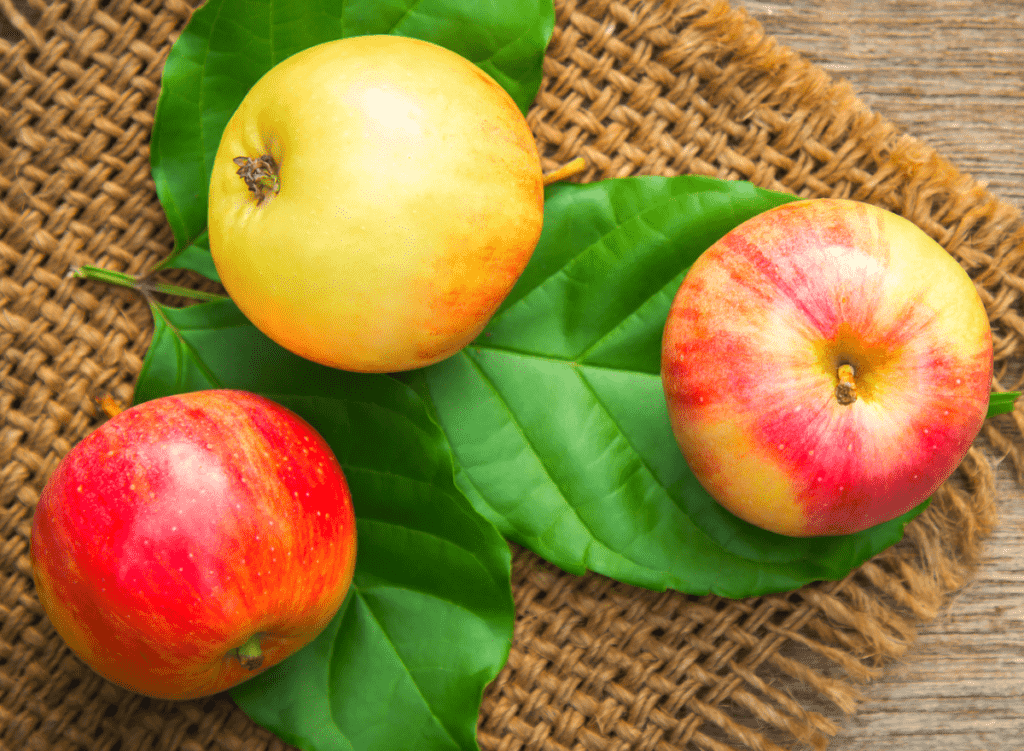
A study done by Edith Cowan University in Australia found people who ate at least 16 ounces every day had 10% lower stress levels than those consuming less than 8 2/3 cups!
That means we should be aiming for slightly over one pound (or 14oz) each per day.
Apples are often called nature’s medicine because of their many health benefits. They can help with everything from weight loss to cancer prevention.
Apples also have a positive effect on mental health, and can help to reduce anxiety and improve mood.
There are several ways that apples can help to reduce anxiety.
First, apples contain high levels of antioxidants which help to protect the body from cell damage. This can help to reduce stress and improve overall health.
Additionally, apples contain pectin, a type of soluble fiber that has been shown to promote calmness and relaxation.
Finally, apples are a good source of vitamin C, another nutrient that has been linked with reduced anxiety levels.
Eating apples can help your heart too. They have magnesium and potassium to help your blood pressure stay normal and to keep your heart beating regularly.
Flavonoids in apples also make it so your blood flows smoothly and protects your arteries from damage.
If you’re looking for a natural way to reduce anxiety, consider adding apples to your diet. Eat them as a snack, add them to your breakfast or lunch.
Food #2: Broccoli
It’s no secret that a diet rich in fruits and vegetables can have numerous positive effects for our health and well-being.
Beyond the physical benefits, such as lowering blood pressure and reducing the risk of diabetes and heart disease, we can also see mental health improvements.
Eating plenty of vegetables has been linked to decreased levels of anxiety and depression, possibly due to their high levels of vitamins and minerals that help to regulate mood.
In addition, consuming a diet high in vegetables can help to prevent tachycardia, or rapid heart rate, by providing important nutrients such as potassium that support heart health.
So not only are vegetables delicious, but they can also have a significant impact on both our mental and physical well-being.
Antioxidants are believed to be beneficial for anxiety because they help to protect the body from damage caused by oxidative stress.
Oxidative stress is an imbalance between the production of free radicals and the body’s ability to repair the resulting damage.
Free radicals are unstable molecules that can damage cells, and their overproduction has been linked to a variety of health conditions, including anxiety.
While the exact mechanism by which antioxidants help to relieve anxiety is not fully understood, it is thought that they work by helping to reduce the amount of damage caused by free radicals.
This, in turn, helps to protect the body and reduce the overall levels of stress.
Additionally, antioxidants are believed to have anti-inflammatory properties, which may also help to reduce the symptoms of anxiety.
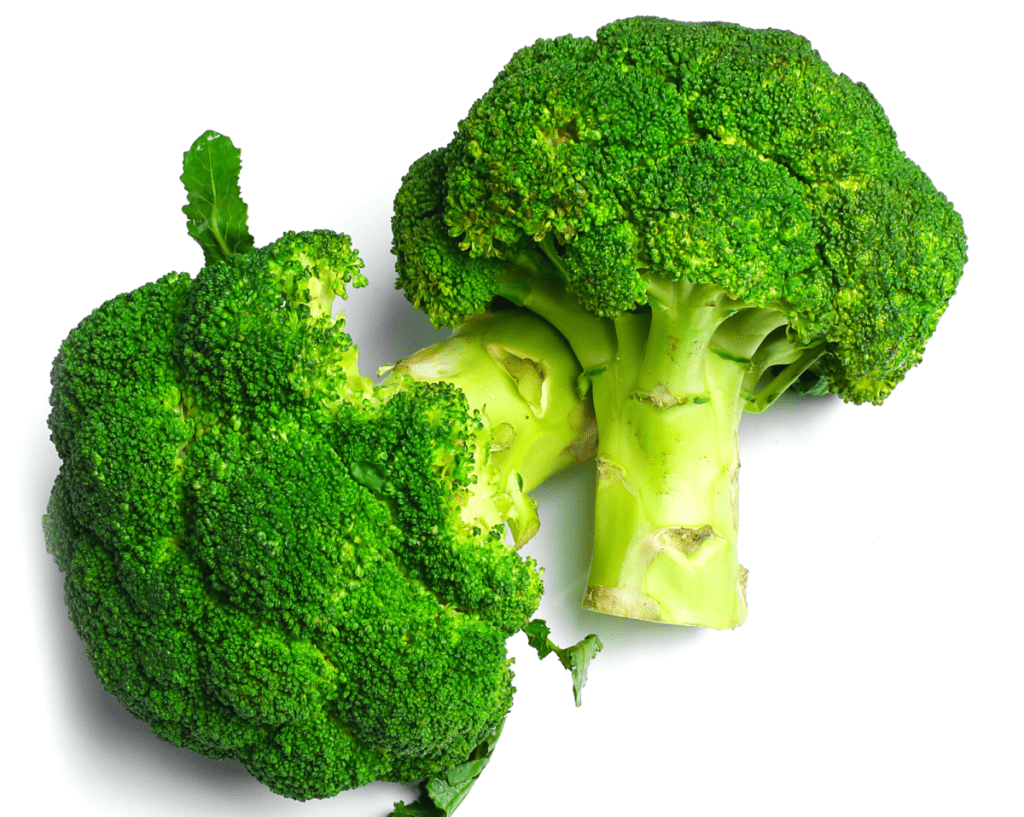
Food #3: Greens
The many health benefits of eating a lot greens are backed by the special substance found in all plants called chlorophyll.
This powerful compound not only acts as an excellent blood detoxifier, but also has been known to increase circulation and improve heart function because it dilates your veins while cleaning out toxins from within you!
You’ll be surprised at how good you feel after drinking fresh vegetables juice or salads made with this healthy ingredient-not bad when there’s two things in one can’t beat that right?
Research has shown that dark, leafy greens such as kale and spinach contain high levels of folate, a vitamin essential for the production of neurotransmitters like serotonin and dopamine.
These chemicals are responsible for regulating mood, and low levels have been linked to anxiety and depression.
These same greens provide important antioxidants that can battle the effects of stress on the body.
So next time you’re at the grocery store, be sure to stock up on some green goodness for both a nutritious and mentally beneficial meal.
Food #4: Pistachios
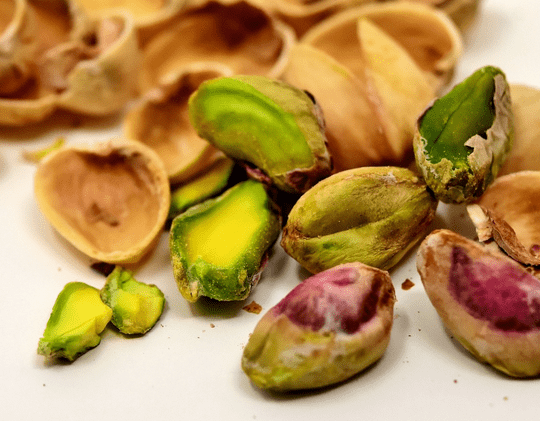
Nuts, in general, have long been associated with decrease in heart disease and improvement of cardiovascular health.
However, one nut in particular stands out when it comes to combating stress and anxiety: the pistachio.
Eating just two small portions per day can have a dramatic impact on your body’s response to stress according to a study, helping to lower vascular constriction and putting less strain on your heart.
Food #5: Chamomile tea
While it’s important to focus on nourishing your body with healthy foods to manage stress, it’s also crucial to pay attention to your liquid intake.
Consistently consuming drinks that are high in sugars or caffeine can actually worsen feelings of stress and anxiety.
On the other hand, certain herbal teas have been shown to have a calming effect.
Chamomile tea, for example, has been used for centuries as a natural sleep aid.
Clinical trials have found that chamomile tea can effectively reduce symptoms of generalized anxiety disorder.
A warm cup of chamomile tea may be just the thing to help alleviate stress and promote relaxation.
So the next time you reach for that can of soda or cup of coffee, consider swapping it out for some calming herbal tea instead.
By making small changes to your beverage choices, you can support your overall stress management efforts.
Food #6: Blueberries
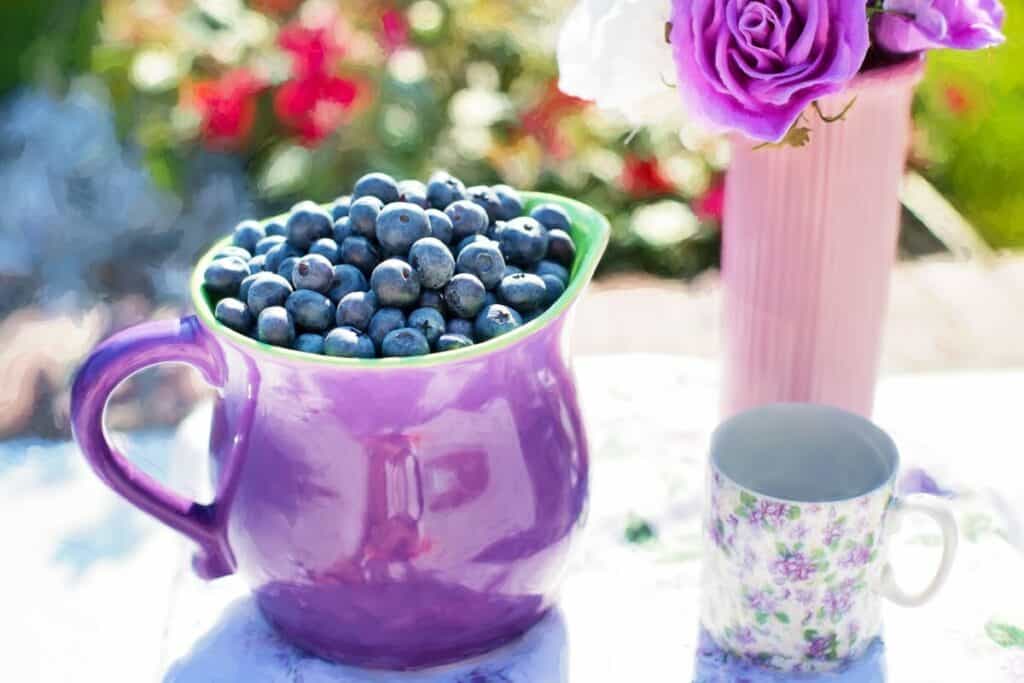
Studies have shown that consuming blueberries can positively impact symptoms of stress and anxiety.
These little fruits pack a big punch when it comes to beneficial nutrients and antioxidants.
In fact, studies have shown that blueberries contain high levels of anthocyanin, which has been linked to improved cognition, focus, and mental clarity – all of which can help alleviate stress.
So why not grab a handful of these tasty superfoods the next time you need a pick-me-up and some stress relief? And don’t worry – you’ll still satisfy your sweet tooth without sacrificing your health.
Food #7: Oatmeal
Oatmeal certainly isn’t just for warm and cozy comfort food anymore. In addition to its delicious taste, oatmeal packs a nutritious punch as well.
As a complex carbohydrate, it helps to increase levels of serotonin in the brain, leading to improved mood and stress management.
Studies show that children who eat oatmeal for breakfast have increased focus and success in school compared to other breakfast options.
It may just give you not only physical nourishment, but also a boost in mood and mental sharpness throughout the day.
Oatmeal is well-known for its role in promoting heart health, thanks to its high levels of soluble fiber and one study showed it may also have a positive effect on heart rhythm.
In the study, participants who ate oatmeal daily showed a significant reduction in premature ventricular contractions (PVCs), a type of irregular heartbeat.
This reduction occurred within just six weeks of incorporating oatmeal into their diet, and was even more pronounced in participants with higher PVC rates at the start of the study.
While further research is needed, these findings suggest that oatmeal may be particularly beneficial for those at risk for heart rhythm disorders.
If you are looking for a heart-healthy breakfast option, don’t forget about oatmeal! Its potential benefits go beyond just lowering cholesterol levels.
Food #8: Fermented foods
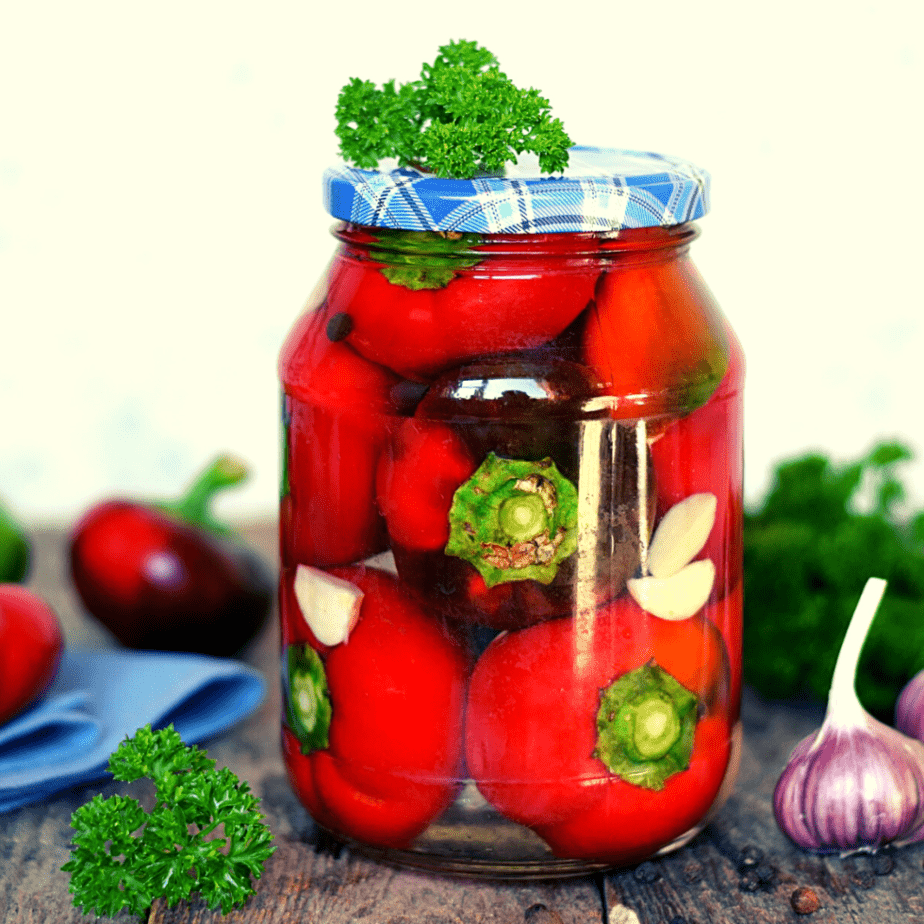
The health of your gut may seem like it has little to do with your mood and stress levels, but the truth is that there is a strong connection between the two.
That’s where fermented foods come in. By consuming these foods, you introduce beneficial bacteria into your digestive system.
These bacteria not only improve digestion, but also send positive signals to the brain via the vagus nerve, helping to regulate mood and reduce stress.
And remember, it’s not just yogurt – sauerkraut, kimchi, tempeh, and kombucha are all excellent sources of probiotics as well.
One study looked at how often people eat miso soup and how it affects their blood pressure and heart rate.
In this study, they looked at 527 people who came to the hospital for a health check.
They divided them into 4 groups depending on how often they ate miso soup.
Then they looked at their blood pressure and heart rate.
They also did some extra analysis to see if eating miso soup affected people’s blood pressure or heart rate in a different way.
The analysis showed that the people who reported eating miso soup a lot were more likely to have a lower heart rate, but eating miso soup was not related to getting hypertension.
Conclusion: These results tell us that eating miso soup might make the heart rate go down, but it does not have a big effect on blood pressure in middle-aged and elderly Japanese individuals.
However, only eat miso soup two days a week. Other Japanese studies have found that eating too much miso soup can lead to stomach cancer.
Food #9: Beans
It may surprise some to learn that the common bean, a staple in Nigerian diets, contains serotonin and its precursor, 5-HTP.
In a study, scientists sought to discover whether long-term consumption of cooked beans could have an impact on anxiety and fear in rats.
As a result, the rats exhibited decreased levels of anxiety and fear after consuming cooked beans for an extended period of time.
If these findings were to be applied to human behavior, it suggests that incorporating cooked beans into one’s diet could potentially improve symptoms of panic disorders and posttraumatic stress disorders.
These new insights highlight the importance of considering the effects of traditional foods on our mental health.
Putting together your SVT and anxiety diet plan
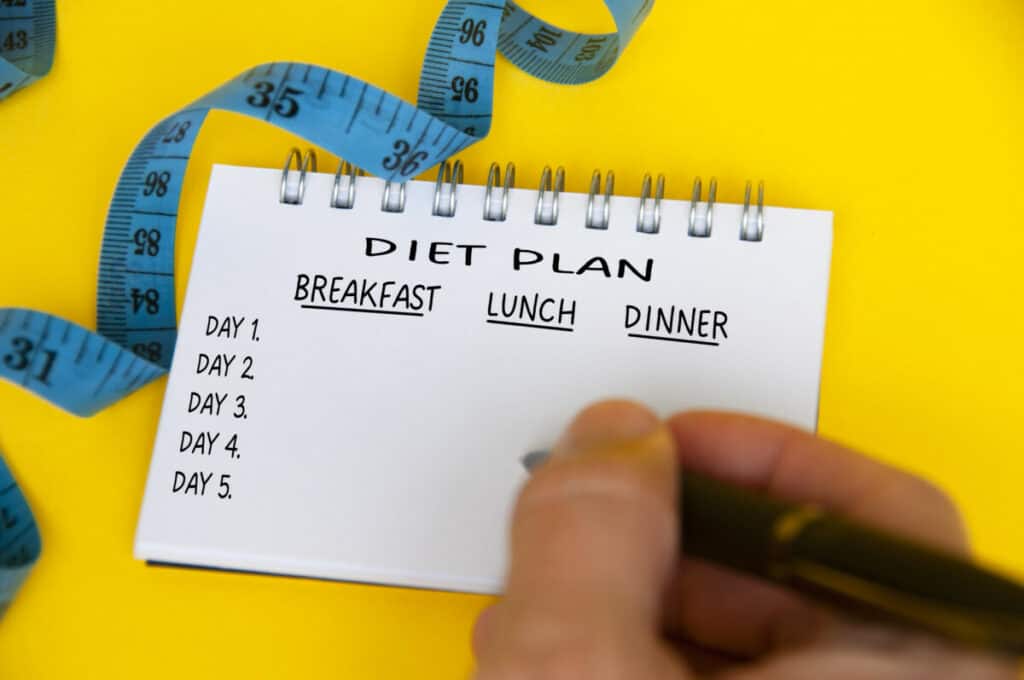
It’s important to remember that what we eat can have a significant impact on both our physical and mental health.
When it comes to managing SVT and anxiety, it’s important to plan your meals wisely and avoid reaching for “comfort foods” that are high in sugar, starch, or grease.
These indulgences may provide temporary relief, but they can ultimately make you feel worse in the long run.
Instead, focus on incorporating nutrient-dense foods into your diet such as beans, fruits, vegetables, and whole grains.
These have been shown to help the brain produce serotonin, a neurotransmitter which has been linked to mood regulation.
Additionally, adding plenty of fruits and vegetables to your meals will ensure you get all the necessary vitamins and minerals to keep your body functioning at its best.
These foods provide sustained energy and support proper brain function, helping to keep your mood stable and your anxiety levels manageable.
Meal planning is a simple yet effective tool for maintaining good mental health during periods of stress and keeping your heart strong.
By pre-selecting meals for the week and ensuring that your kitchen contains satisfying, stress-busting foods like beans and leafy greens, you set yourself up for success in making healthier choices.
A good example of such a menu includes:
Breakfast – oatmeal with berries or a fruit smoothie with avocado
Mid-morning snacks – natural yogurt or pistachio nuts
Lunch choices – a whole-grain pasta salad packed with leafy greens
During the afternoon – reaching for a piece of carob chocolate can satisfy cravings while providing important antioxidants
For dinner – incorporating protein-rich beans along with plenty of vegetables can give your body the fuel it needs to promote relaxation before bedtime
Finally, winding down the day with a cup of chamomile tea can provide additional stress relief
Image by rawpixel.com on Freepik

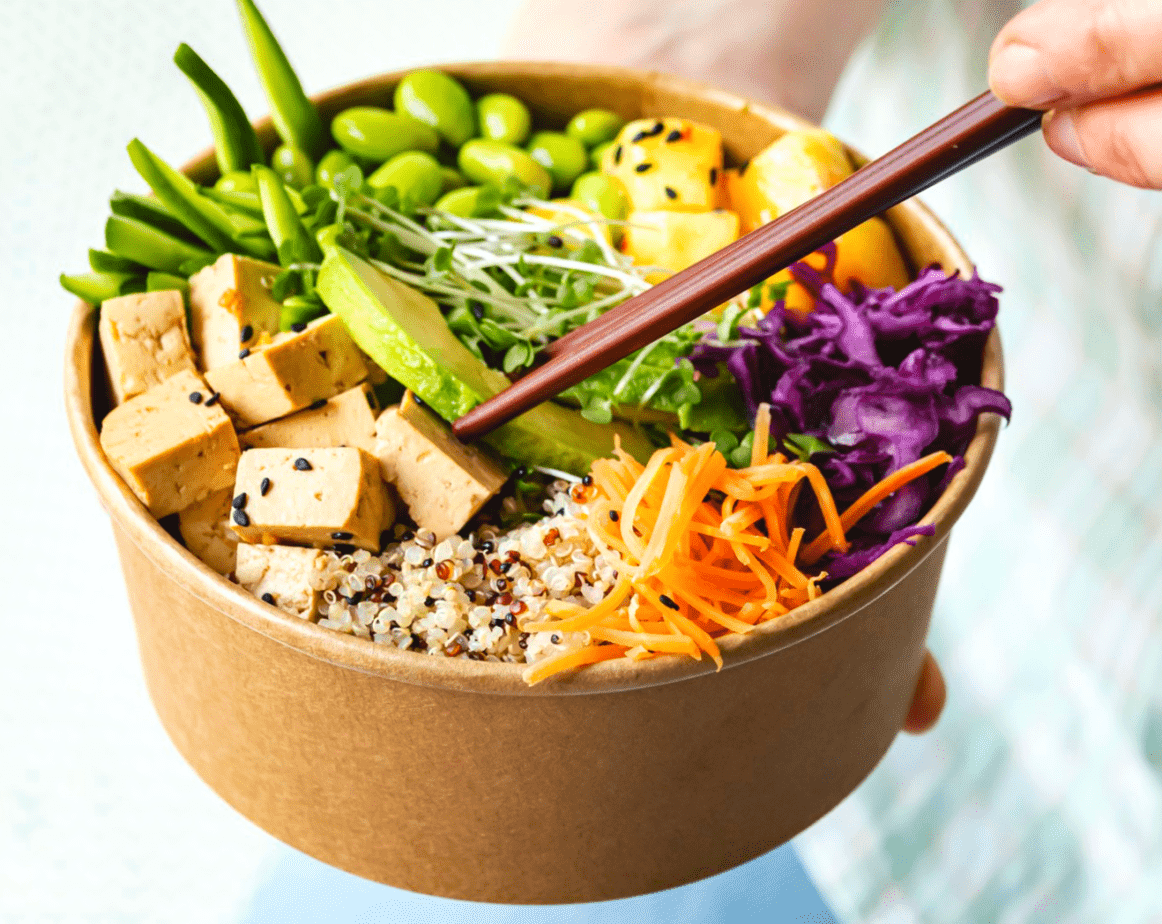
Thank you, thank you,thank you!!!
I was diagnosed with PSVT in October 2018 @ 48 y/o Black female. I’m 53 now and I appreciate your knowledge about SVT. I want to take a 14 hrs trip yo Dubai in May with my sister in-law and I was very concerned if could fly. The diet was extremely helpful also.
Hi Seberina, thanks for sharing! Traveling by plane is a challenge. Have you read my article “Can I fly if I have SVT?”
Excellent article. Good food choices Simple to read and follow
Thank you
You are very kind for taking the time to write a comment. I appreciate your thoughts on this article!
Do you take any medication to help your svt? such as beta blockers?
I am so happy I found your blog. Looking forward to trying all of your recommendations. I have read your story and we are the exact same, but unfortunately my svt lasts 30 minutes each time.
Hi Taylor, I don’t take any medication. What do you do to stop the episode? I have noticed that it is crucial to start applying the techniques that reduce your heart rate as soon as possible. The longer you wait, the harder it will be to get your heart back to a normal rhythm. Stay well,